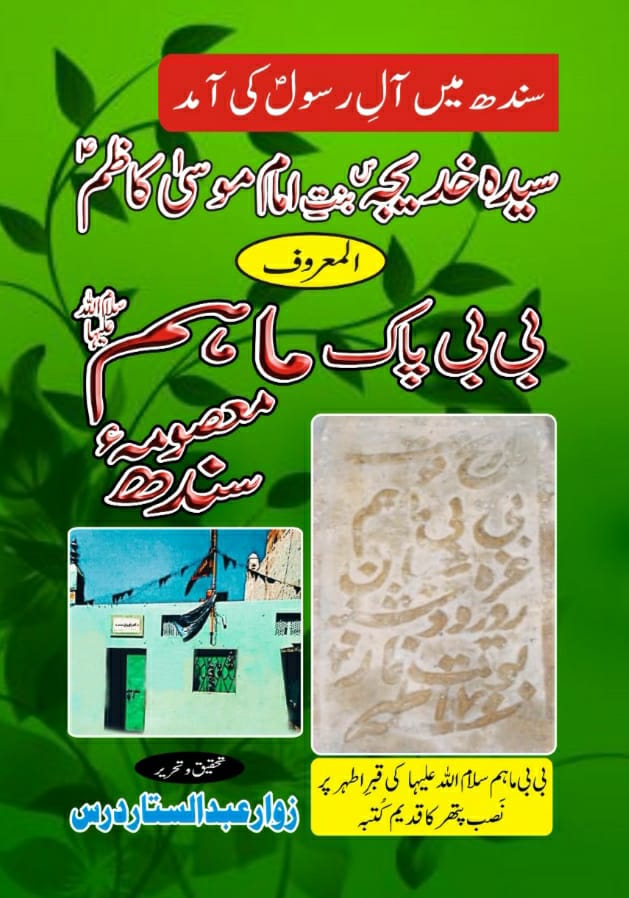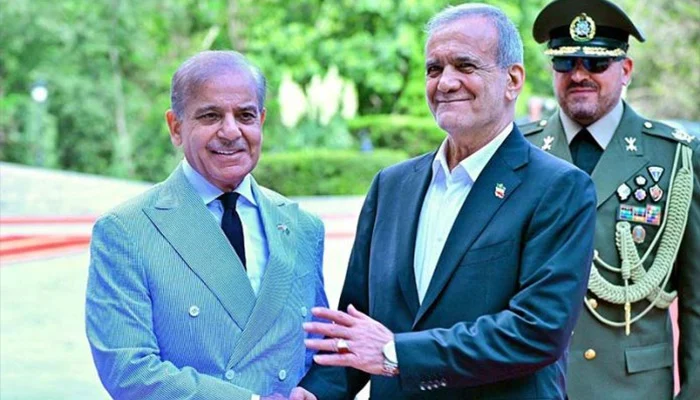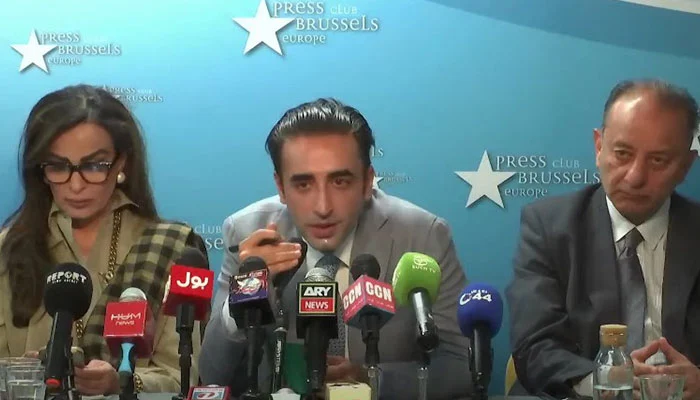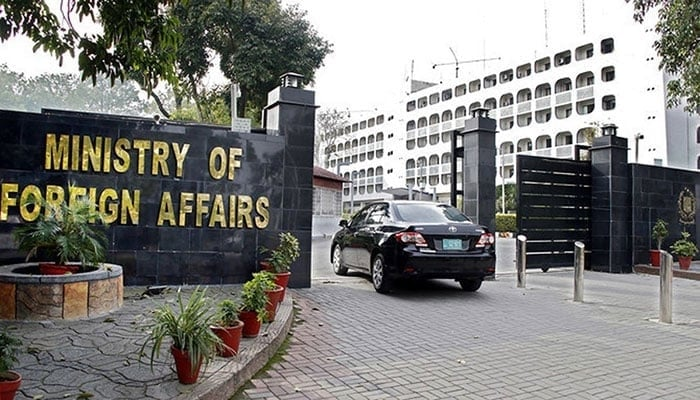TANDO ALLAHYAR: The Aal-e-Rasool (PBUH) have always been a source of spiritual shelter and intercession for the Ummah in both this world and the hereafter. Sindh was honored by Allah Almighty as the land of refuge for the Ahl-e-Bait (PBUH) when they were persecuted and driven from their homelands. Caravan after caravan of the noble Sadat arrived in this blessed land, beginning during the Umayyad era and continuing into the Abbasid period.

These views were expressed by Zawar Abdul Sattar Dars, Zawar Niaz Hussain Laghari, Riaz Umrani, Khan Muhammad Sehto, Syed Niaz Hussain Shah Bukhari, Dr. Muhammad Hanif Laghari, and Muhammad Yaqoob Khaskheli during a ceremony held yesterday in Tando Allahyar, marking the launch of two new books authored by Zawar Abdul Sattar Dars: Masooma-e-Sindh and Maharaja Dahar Sen. The event was organized by Awaz-e-Adab magazine in collaboration with the Jehanian Adabi Council.
Speakers at the event highlighted that Lady Ruqayya bint Ali (SA), Hazrat Muhammad Hanfiyyah bin Ali (AS), and others arrived in Sindh during the Umayyad rule, while Hazrat Abdullah Shah Ghazi (AS), Lady Khadija Maham bint Imam Musa Kazim (AS), and other noble members of the Aal-e-Rasool (PBUH) migrated during the Abbasid period from the Arabian Peninsula to Sindh.
They lamented the lack of these accounts in mainstream historical records, attributing it to the deliberate destruction of intellectual, literary, and historical resources by the invading Umayyad armies. These regimes not only waged violent campaigns across Sindh but also employed court historians to fabricate favorable historical narratives while systematically erasing the legacy of the Ahl-e-Bait (PBUH).
It was pointed out that the very tyrants who enforced public curses against Amir al-Momineen Hazrat Ali ibn Abi Talib (AS) for 70 years would never have allowed the names of the Aal-e-Rasool (PBUH) to be preserved in official records. Therefore, speakers stressed the urgent need for rigorous academic research to correct the distortions and reclaim the rightful place of the Ahl-e-Bait (PBUH) in Islamic and regional history.
The event also featured the unveiling of the two newly published works.









